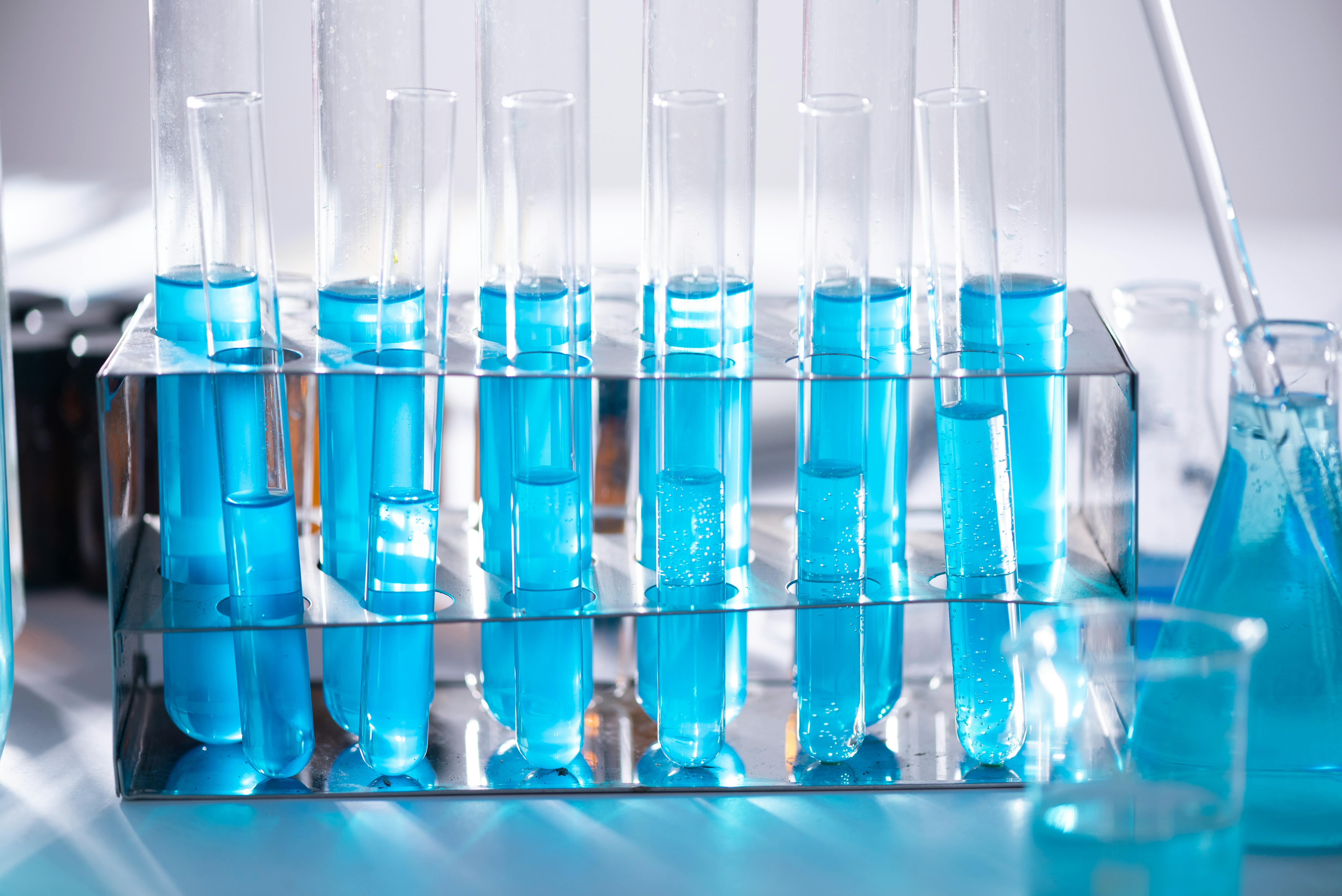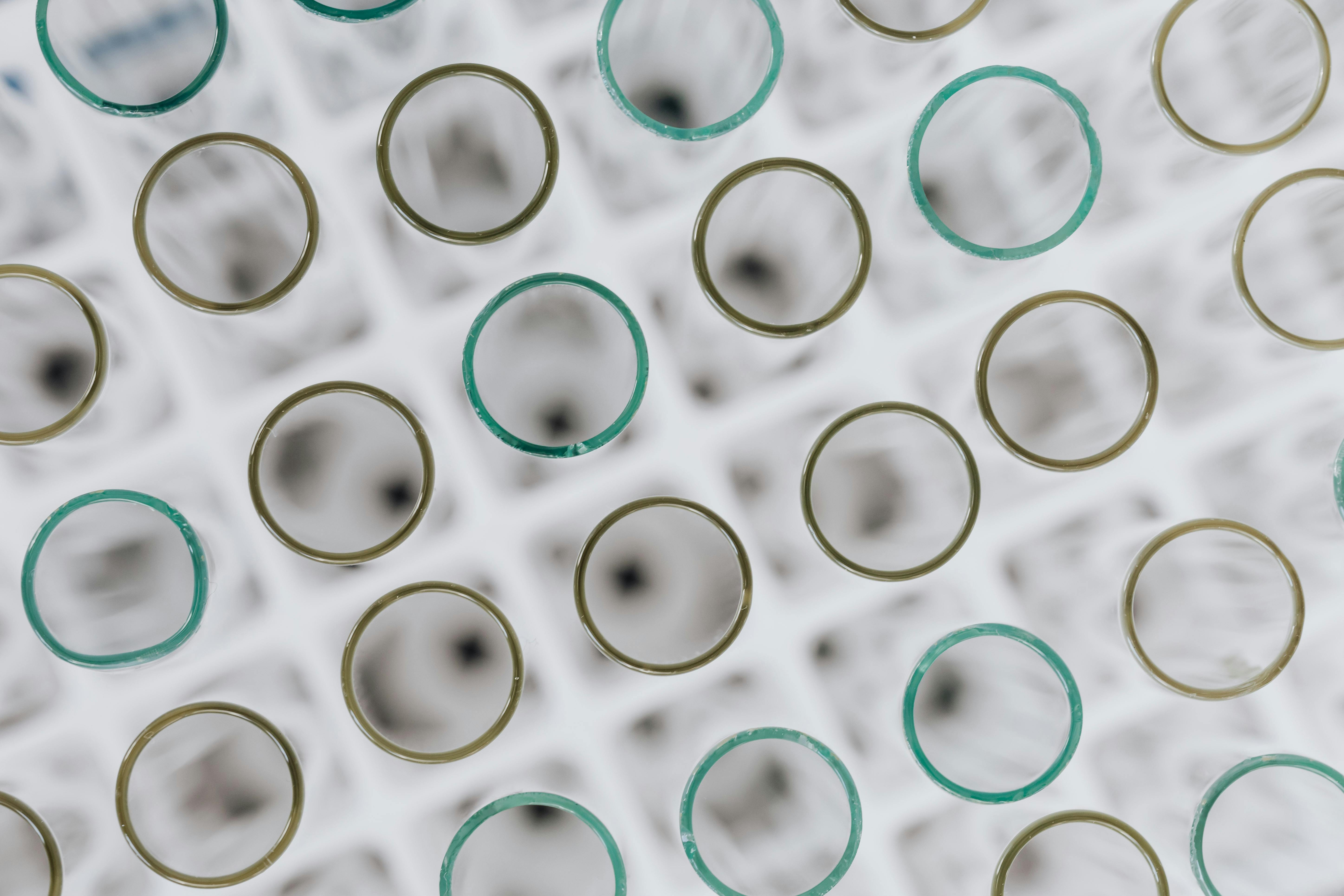Biotechnology has taken a giant leap forward as researchers demonstrate that specially cultivated stem cells can successfully grow inside animal hosts. These promising findings could help advance regenerative medicine, improve organ transplants, and pave the way for treating complex diseases. The results showcase the power of stem cells to transform modern healthcare.
The Power of Stem Cells
Stem cells are unique because they can develop into many different types of tissue. By engineering them for higher efficiency, scientists can better control how these cells grow and specialize. That flexibility makes them valuable tools for repairing damaged tissues or replacing failing organs in the future.

Success in Animal Hosts
Researchers have now shown that these efficient stem cells can thrive within animal bodies, creating stable, healthy tissues. By tracking how the cells integrate and function, scientists gain insights into how human stem cells might behave in similar conditions, opening doors to advanced therapies.
A Leap for Regenerative Treatments
If stem cells can be grown reliably and safely in animal hosts, it could revolutionize regenerative treatments. The technology might one day allow lab-grown tissues and organs to be tested and perfected in animals before moving to human trials. That would speed up life-saving therapies and improve their safety.

Addressing Ethical Challenges
While the results are exciting, experts emphasize the need for strict ethical guidelines and rigorous oversight. Using animals for stem cell research raises important questions about welfare, safety, and unintended consequences. Balancing innovation with responsibility is essential for public trust.
What’s Next for Stem Cell Research?
As the science advances, further research will focus on refining stem cell growth, preventing rejection, and ensuring that animal studies translate well to human patients. If successful, this breakthrough could be a turning point for treating everything from heart disease to neurological injuries.